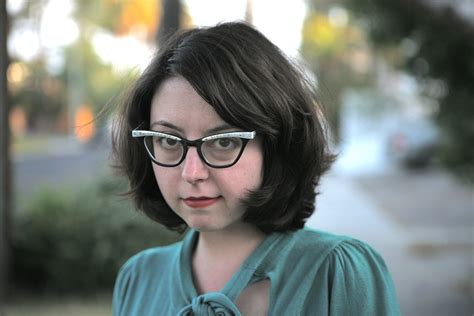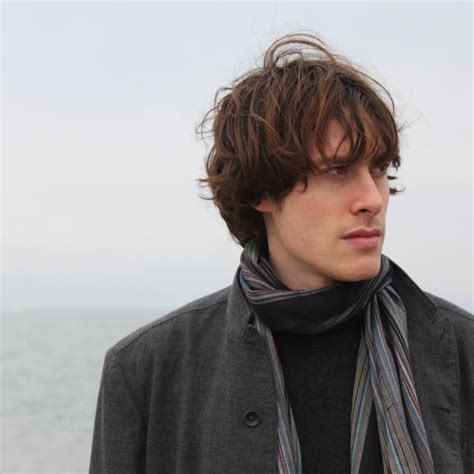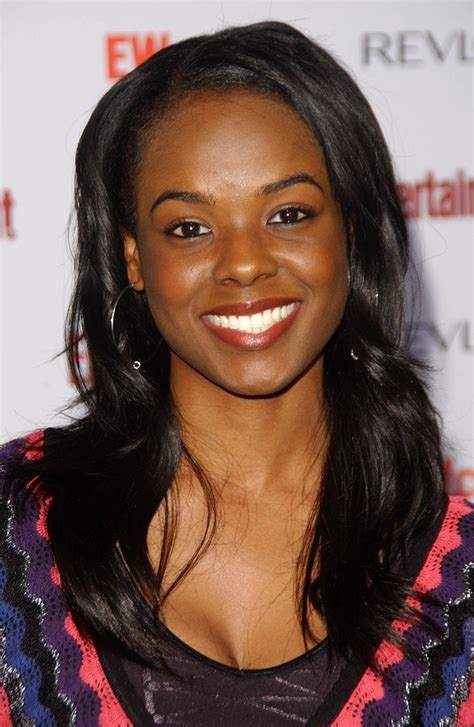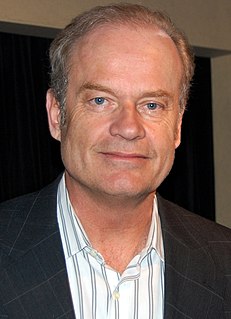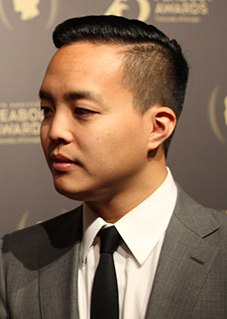A Quote by Karina Longworth
For me, the Dennis Wilson story is a quintessential You Must Remember This story because it's one of these stories that people never talk about, don't really think about, and it's forgotten within this major thing that is thought to be this cataclysmic event of the 20th century.
Related Quotes
The thing I always guard against when I'm talking to people I'm working with about a script is that there's a thing I don't like and it's called "talk story." It's when you're talking about the story; the characters are tasked with talking about the story instead of allowing the audience to experience the story.
Writing two stories [in the Thorn and the Blossom] about the same set of events that were complete stories in themselves, but also added up to a larger story. As I was writing them, I kept going back and forth, because something would happen in one story that would have to be reflected in the other story. And yet the same event would also have to be perceived in different ways by Brendan and Evelyn, because they are different people with their own interpretations.
The best books, they don’t talk about things you never thought about before. They talk about things you’d always thought about, but you didn’t think anyone else had thought about. You read them, and suddenly you’re a little bit less alone in the world. You’re part of this cosmic community of people who’ve thought about this thing, whatever it happens to be.
Thinking about making a love story without music was really frightening, Sciamma admitted. Because every love story we know, we think about 'Titanic' we think about the music, we think about 'Gone with the Wind' we think about the music, we think about 'E.T.' we think about the music, and every love story has its own tune, 'That's our song.'
I think that people have to have a story. When you tell a story, most people are not good storytellers because they think it's about them. You have to make your story, whatever story it is you're telling, their story. So you have to get good at telling a story so they can identify themselves in your story.
Julio's Day is a story of one man's life, but it's a great more than that as well. It's the story of the life of a century, also told as if a day. Beginning with Julio's birth in 1900 and ending with his death in 2000, the graphic novel touches on most of the major events that shaped the 20th century.
This is our story to tell. You’d think for all the reading I do, I would have thought about this before, but I haven’t. I’ve never once thought about the interpretative, the story telling aspect of life, of my life. I always felt like I was in a story, yes, but not like I was the author of it, or like I had any say in its telling whatsoever.
The more foreign to me, to my existence, to your core existence, the more foreign the foreign language, it's really moving to me to think, to get to experience my own story crossing those boundaries. To have that experience that I so cherished as a reader. I can't believe this. To me, it's really nice because that would be a thing where I'm like, "There may be lots of Jews in my work. I'm not writing stories for Jews. I'm telling stories about people, and Jews are people, too."
I would say plotting is the most difficult thing for me. Characterization is only hard because sometimes I feel I get so interested in it that I want to talk too much about the characters and that slows the story down. So I say, "Hey, people want to find out what's going to happen next, they don't want to listen to you spout off about this or that person." But I think even the bad guy deserves to tell his side of the story.
